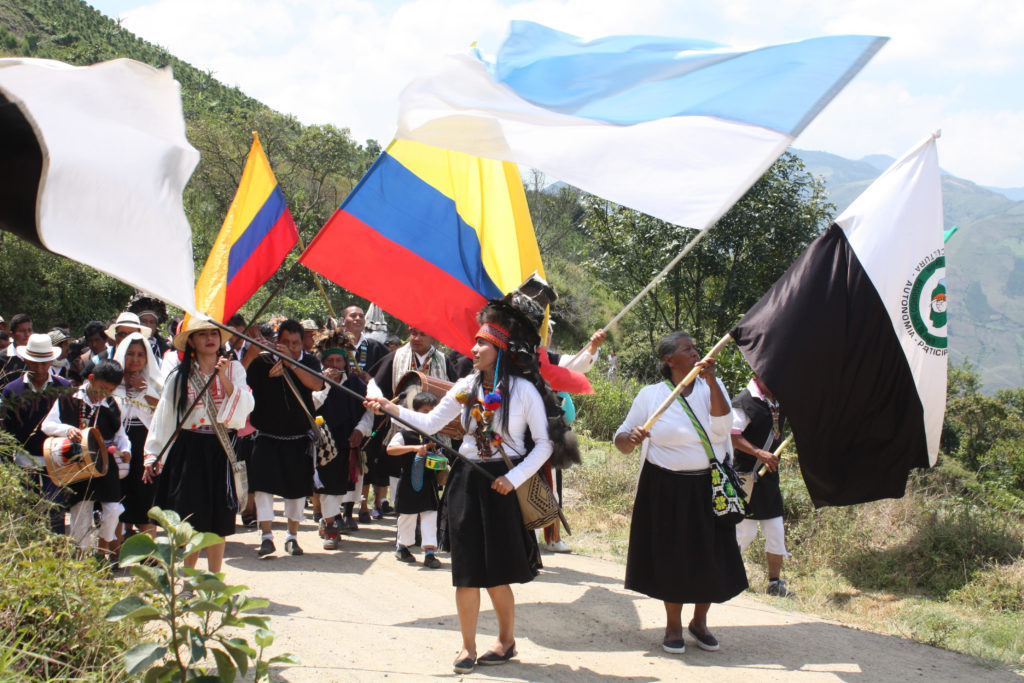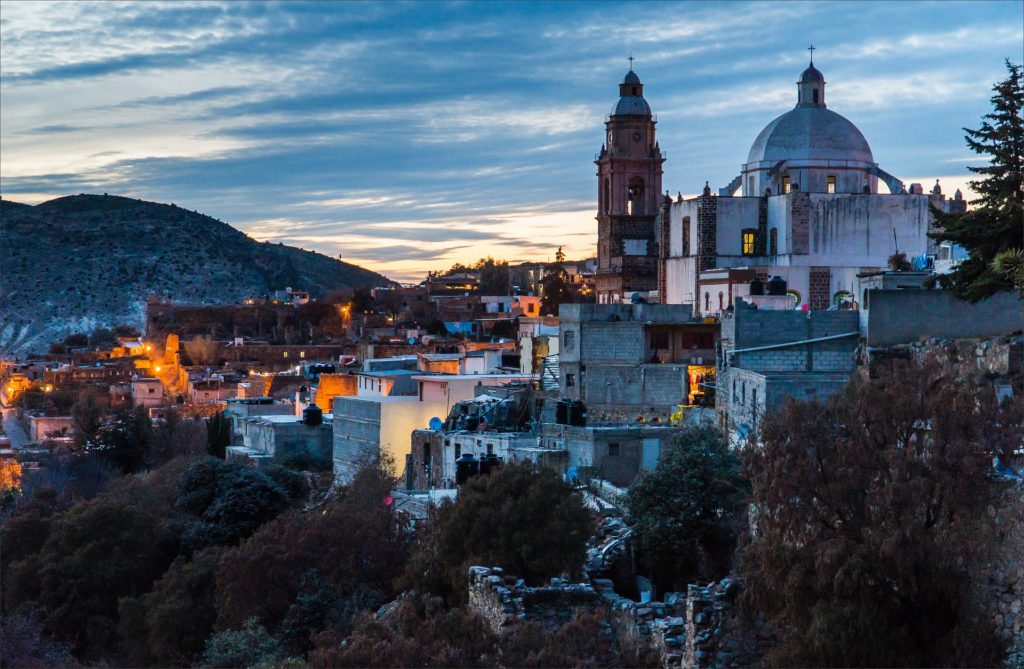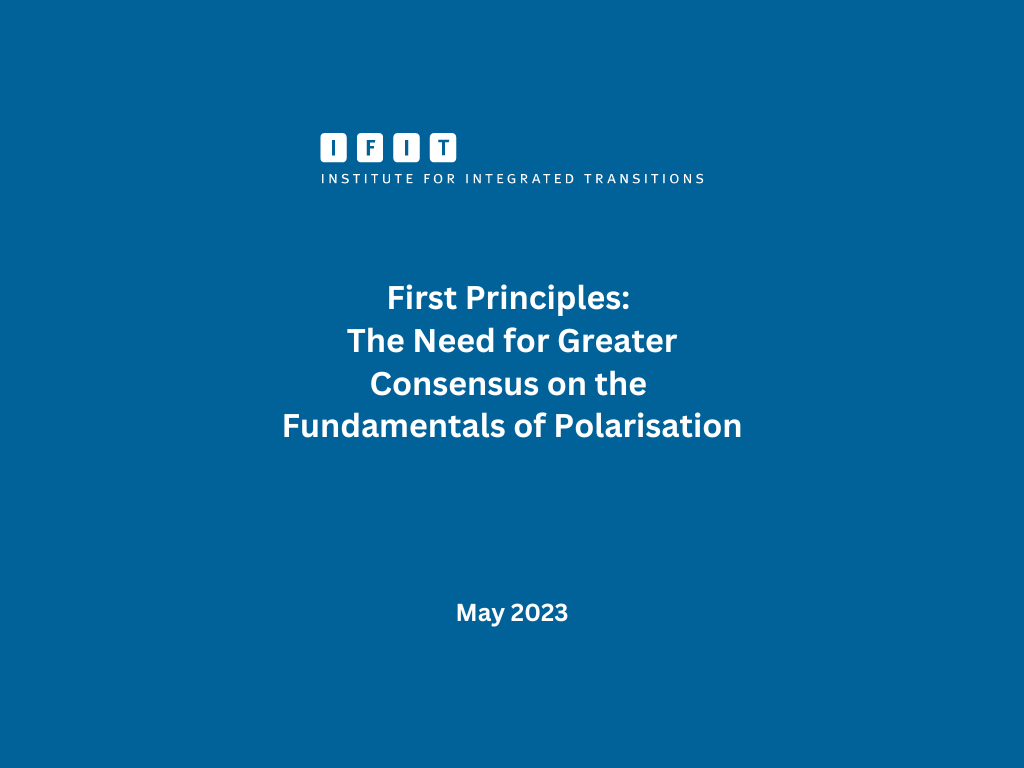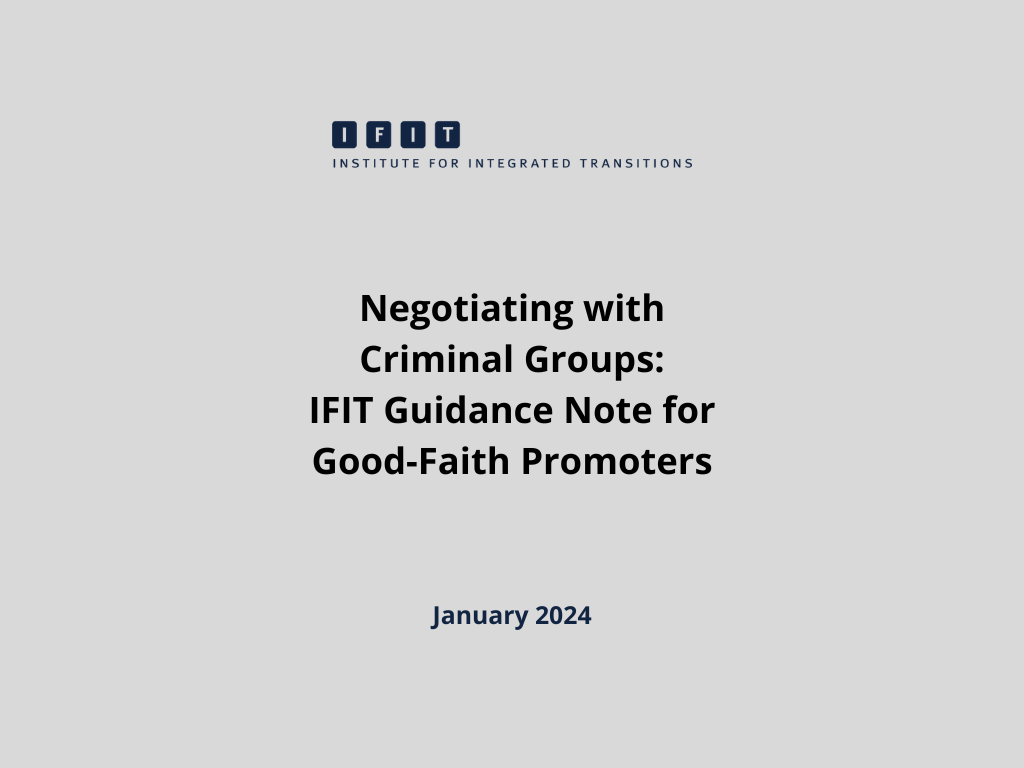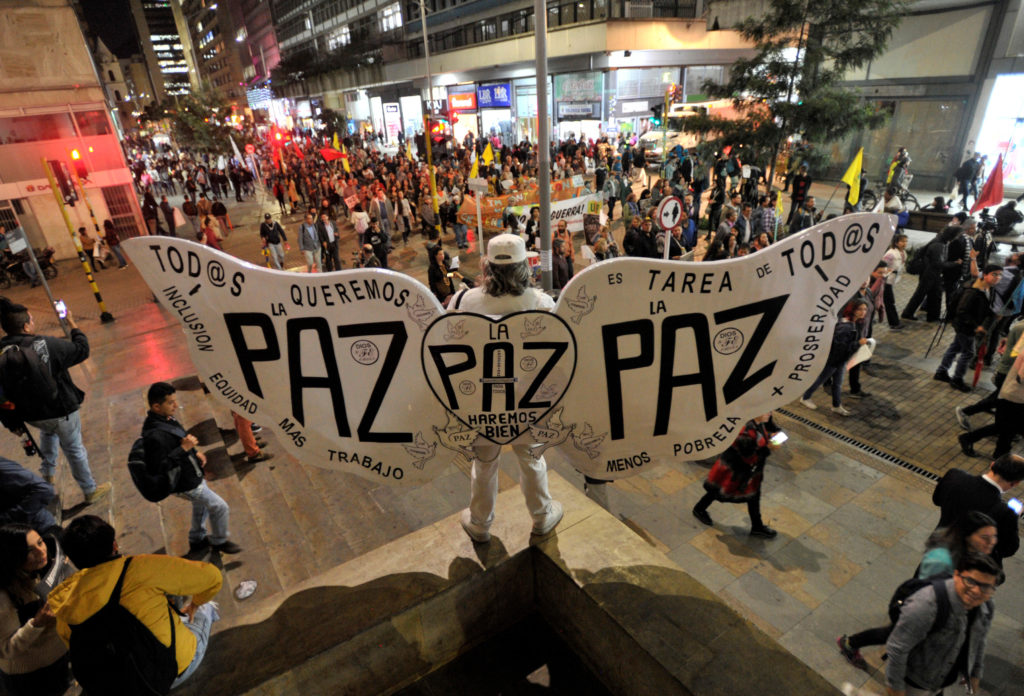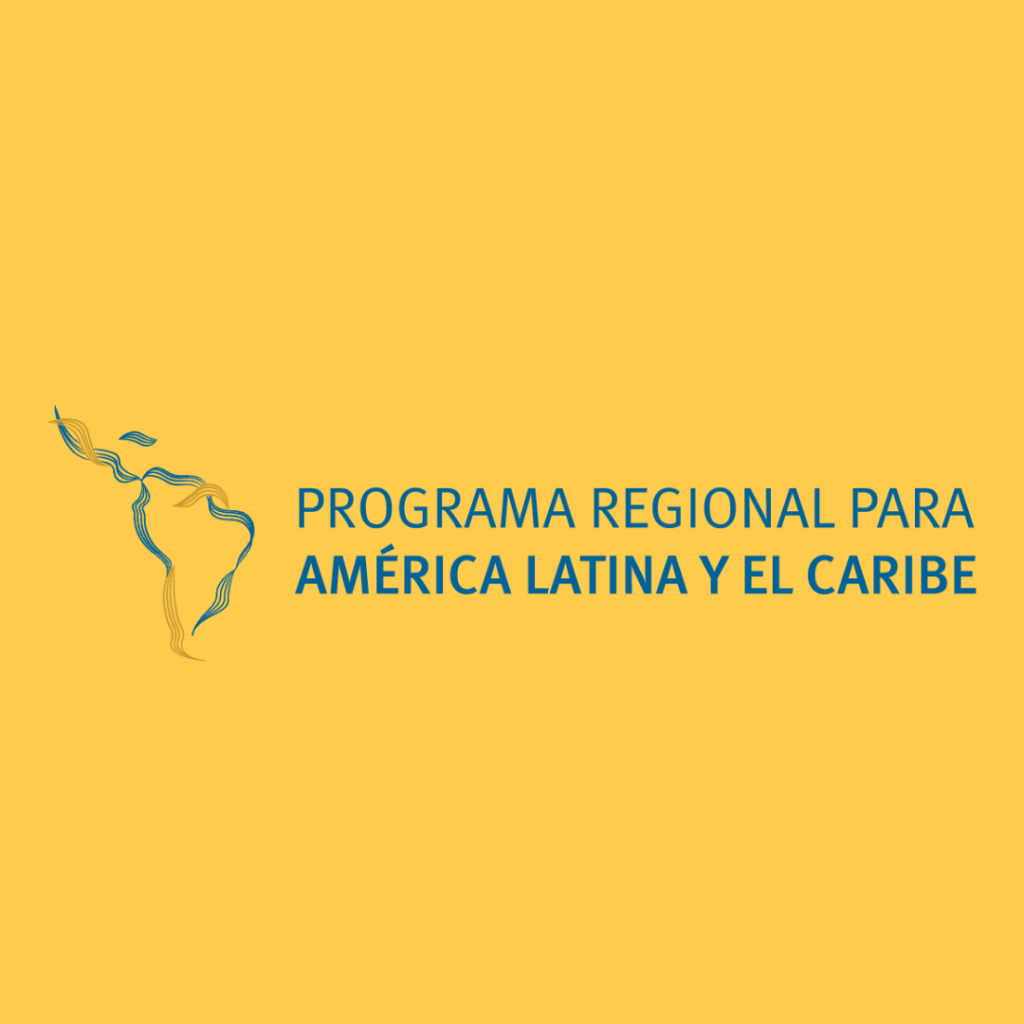Language: English
Alongside his extensive experience in the private construction sector in Venezuela, Central America, the Caribbean, Spain, and West Africa, Joaquín Livinalli has actively participated in the entrepreneurial sphere of his home country, Venezuela. He has been a co-drafter of legislative initiatives on urban development and housing policy. He has also served as a visiting professor in construction management at the Engineering Faculty of the Universidad Metropolitana and the Universidad Central de Venezuela, respectively.
A publisher, author, and editor in cultural affairs, he is currently engaged in two new projects: one on applied behavioural economics and its sociological implications for contemporary elites, and the other a historical investigation of a building he rehabilitated on the palatial Calle Salustiano Olózaga in Madrid, Spain.
Joaquín earned a degree in Statistical and Actuarial Sciences from the Universidad Central de Venezuela. He also holds a degree in Law from the Universidad de Santa María in Caracas.
You may also be interested in
For 36 years, General Óscar Naranjo served in the Colombian National Police, where his career was marked by major achievements in combating crime, spearheading institutional modernisation, and fostering a profound sense of trust among citizens. In 2007, he was elevated to the position of Director General of the Police. Throughout his tenure, he garnered numerous accolades, including the Semana Magazine Tribute for his exceptional leadership, and recognition as one of the 500 most influential people in the world by Foreign Policy magazine in its Power Issue.
After his service in the National Police, General Naranjo assumed the helm of the Latin American Institute of Citizenship at the Tecnológico y de Educación Superior de Monterrey (TEC), providing expert guidance to the Mexican federal government until 2014. That same year, he was appointed Minister of the Presidency for Post-Conflict, Human Rights, and Security, a role he held until November 2015.
In his pivotal role as Plenipotentiary Negotiator for the Government of Colombia in the peace talks with the FARC, he played a crucial role in the construction of the Final Agreement signed in 2016. In March 2017, he was elected by Congress as Vice President of the Republic of Colombia, tasked with overseeing the development and implementation of the Final Agreement; spearheading the fight against organised crime; ensuring citizen security; formulating and implementing a comprehensive policy for the promotion, defence, and protection of human rights; and advising and coordinating the preparation, structuring, and development of a comprehensive public policy for the fight against illicit drugs. He served as Vice President until August 2018.
On May 1, 2023, General Naranjo assumed the presidency of the Social Council of the Universidad Internacional de La Rioja in Colombia, where he plays a key role in promoting the right to higher education and spearheading initiatives aimed at strengthening peaceful coexistence and safeguarding human rights. He also serves as a distinguished member of the Expert Advisory Group for IFIT’s Peace Treaty Initiative.
You may also be interested in
Dolores Gandulfo has extensive experience in democracy, electoral systems, and human rights in Latin America. Currently, she serves as the Director of the Electoral Observatory of the Permanent Conference of Political Parties of Latin America and the Caribbean (COPPPAL). In this role, she has coordinated more than 24 electoral missions in Argentina, Brazil, Bolivia, Colombia, Costa Rica, Ecuador, El Salvador, Honduras, Mexico, Panama, Paraguay, Peru, the Dominican Republic, and Venezuela.
Dolores is also the Director of Institutional Policy at the Ombudsman’s Office of the Autonomous City of Buenos Aires. She previously held the position of coordinator of the Electoral Observation Working Group with a Human Rights Perspective at the Ibero-American Ombudsman Federation (FIO). Additionally, she is a member of the Observatory of Political Reforms of Latin America and the Caribbean (IIJ-UNAM), the Association for Studies in International Relations of Argentina (AERIA), the Ojo Paritario Collective, and the Network of Political Scientists.
Dolores has extensively published on electoral observation and human rights in Latin America. She holds a Master’s in Public Policy from Georgetown University and a Bachelor’s degree in International Relations from the Universidad del Salvador. She is currently pursuing a Ph.D. in Political Science from the National University of General San Martín (Argentina).
You may also be interested in
A journalist by profession, Cecília Olliveira has dedicated her career to covering violence and drug and arms trafficking. She is the founder and executive director of Fogo Cruzado Institute, an organisation that uses technology to generate and distribute open and collaborative data on armed violence in Brazil.
Cecília also co-founded the news portal Intercept Brasil, and serves as director of the Brazilian Association of Investigative Journalism (ABRAJI). She has previously worked as a consultant for Amnesty International and a communications advisor for the PRVL (Programme for the Reduction of Lethal Violence against Adolescents and Young People), an initiative undertaken by the Favelas Observatory in collaboration with UNICEF and the Human Rights Secretariat of the Presidency of the Republic of Brazil.
Cecília holds a postgraduate degree in Crime and Public Security from the Federal University of Minas Gerais. She studied drug policy, HIV, and human rights at the University of Texas and participated in the “Latin American Advocacy Fellowship Program on Drug Policy Reform” of Open Society Foundations. In 2020, Cecília was a finalist for the Reporters Without Borders Press Awards, an honour that recognises courageous voices in global media.
You may also be interested in
Natalia Viana is the co-founder and executive director of Agência Pública, the first non-profit investigative journalism outlet founded and run by women in Brazil. Her investigative work has focused on documenting and reporting human rights violations in countries such as Angola, Brazil, Bolivia, Colombia, India, Mexico, and Venezuela.
Natalia is the author or co-author of five books on political violence and social issues in Latin America. As a reporter and editor, she has received several journalism awards, including the Vladimir Herzog Award for Human Rights (2005/2016), the Comunique-se Award (2016/2017), the Women’s Trophy Press Award (2011/2013), and the Gabriel García Márquez Award (2016). Her work has been published in media outlets such as The Guardian, Intercept, The Nation, BBC, and Asymptote.
Natalia previously served as the president of the Associação de Jornalismo Digital (Ajor), an association of Brazilian digital media startups with a mission to strengthen independent, sustainable, and diverse journalism in the country. She is a member of the International Consortium of Investigative Journalists (ICIJ), the Council of the Gabo Foundation, and the OAS Council of the Center for Media Integrity of the Americas. Natalia is an Ashoka Fellow and was a Nieman Fellow at Harvard University in 2022.
You may also be interested in
Tania Pariona is a passionate advocate for the rights of Indigenous Peoples, women, youth, and girls. She served as a member of the Peruvian Congress representing the Ayacucho region from 2016 to 2019. During her tenure, she tirelessly championed the rights of Indigenous communities in Peru, including advocating for prior consultation, land titling, and reparations for victims of the internal armed conflict. In 2018, she was elected president of the Women and Family Committee in Congress, where she made significant contributions to the passage of laws against gender-based violence, the promotion of gender equality, and the advancement of women’s political participation.
Tania is a prominent member of the Continental Link of Indigenous Women of the Americas (ECMIA) and a co-founder of several organisations dedicated to empowering Indigenous children and youth at local, regional, national, and international levels. She has actively participated in international forums, including as a representative of the Global Indigenous Youth Caucus within the Global Indigenous Coordinating Committee for the 2014 World Conference on Indigenous Peoples.
Tania holds a bachelor’s degree in Social Work from the Universidad Nacional de San Cristóbal de Huamanga – UNSCH and a master’s degree in Human Development from the Universidad Católica de Peru. In 2009, she was honoured as a Fellow of the Human Rights Program for Indigenous Leaders, a collaborative initiative between the University of Deusto (Bilbao, Spain) and the Office of the UN High Commissioner for Human Rights.
You may also be interested in
Gabriela Warkentin is a distinguished communicator, academic, and businesswoman. Since 2016, she has directed and hosted the popular morning news programme “Así las cosas” on W Radio in Mexico. She is also the host and producer of “Al Habla… con Warkentin,” a weekly interview podcast on El País, where she fosters constructive and grounded conversations on the challenges facing Mexico. In addition to her broadcasting roles, Gabriela serves as a columnist for the newspaper Reforma.
A founding member of the IFIT Mexico Brain Trust, Gabriela is a professor at the Universidad Iberoamericana and a founding partner of Tridente Aceleradora. From 2002 to 2011, she served as the director of the Department of Communication at the Universidad Iberoamericana. During this period, she also played a pivotal role as the creator and director of the radio station Ibero 90.9 and later as the director of W Radio from 2013 to 2017.
Gabriela holds memberships in various influential organisations, including the Council of Article 19, the Council of OXFAM Mexico, the Governing Council of Mexican Transparency, and the Assembly of the Information Group on Chosen Reproduction (GIRE).
Gabriela has earned recognition as one of the 50 most important women in Mexico, according to Forbes magazine, and as one of the 300 top leaders of Mexico, according to Líderes magazine. Her writings have been featured in El País, El Universal, Reforma, La Crónica de Hoy, and Rolling Stone México.
Gabriela holds a degree in communication from the Universidad Iberoamericana. She has also pursued postgraduate studies in comparative literature at UNAM and in communication at the University of Navarra. Fluent in English, German, and French, Gabriela is also a skilled translator of Spanish.
You may also be interested in
Regional Initiatives
Alongside the work of its in-country brain trusts, global initiatives and thematic practice groups, IFIT sometimes establishes regional initiatives as a way to strengthen the synergies across its diverse projects and bring forward ideas and new strategic collaborations that have a cross-country dimension. The first such programme is the IFIT Latin America and Caribbean Regional Programme.
Our Regional Initiatives
Regional Programme for Latin America and the Caribbean
The Regional Programme for Latin America and the Caribbean’s aim is to foster ideas generation, lessons sharing and strategic collaborations for reducing violence, strengthening democracy and the rule of law, and mitigating polarisation in the region.
Informed by the work of the IFIT brain trusts in Colombia and Mexico and IFIT’s Inclusive Narratives Practice Group, we created a toolkit that helps promote viewpoint plurality and constructive dialogue in polarised contexts during electoral periods and beyond.
This practice brief reflects on the development of the toolkit, which included research on narrative and polarisation, a set of consultations with experts in diverse fields, and testing and improvement of the tools in Colombia and Mexico. The brief discusses the challenges and lessons that emerged in the process, and provides recommendations for other practitioners interested in developing and using such a resource to enable narrative transformation and manage conflict.
With over 20 years of diplomatic experience, María Ángela Holguín is the former Minister of Foreign Affairs of Colombia (2010-2018). In this role, she also served as the delegate of President Juan Manuel Santos in the peace negotiations with the FARC, and was a member of the Post-Conflict Cabinet.
María Ángela has also held positions including Ambassador and Permanent Representative of Colombia to the United Nations; Ambassador of Colombia to the Bolivarian Republic of Venezuela; Deputy Minister of Foreign Affairs; Secretary-General of the Foreign Ministry; and First Secretary of the Embassy of Colombia in Paris, overseeing commercial affairs. Her extensive professional experience also includes serving as the Private Secretary of the Attorney General and representing the Interamerican Development Bank-CAF in Argentina.
A political scientist by education, María Ángela holds specialisations in Public Administration and Administrative Institutions from the Universidad de los Andes and in Diplomacy and Strategy from the Center for Diplomatic and Strategic Studies (CEDS) in Paris, France. She authored the book “La Venezuela que Viví” and currently serves on the Board of Directors of several companies.
You may also be interested in
